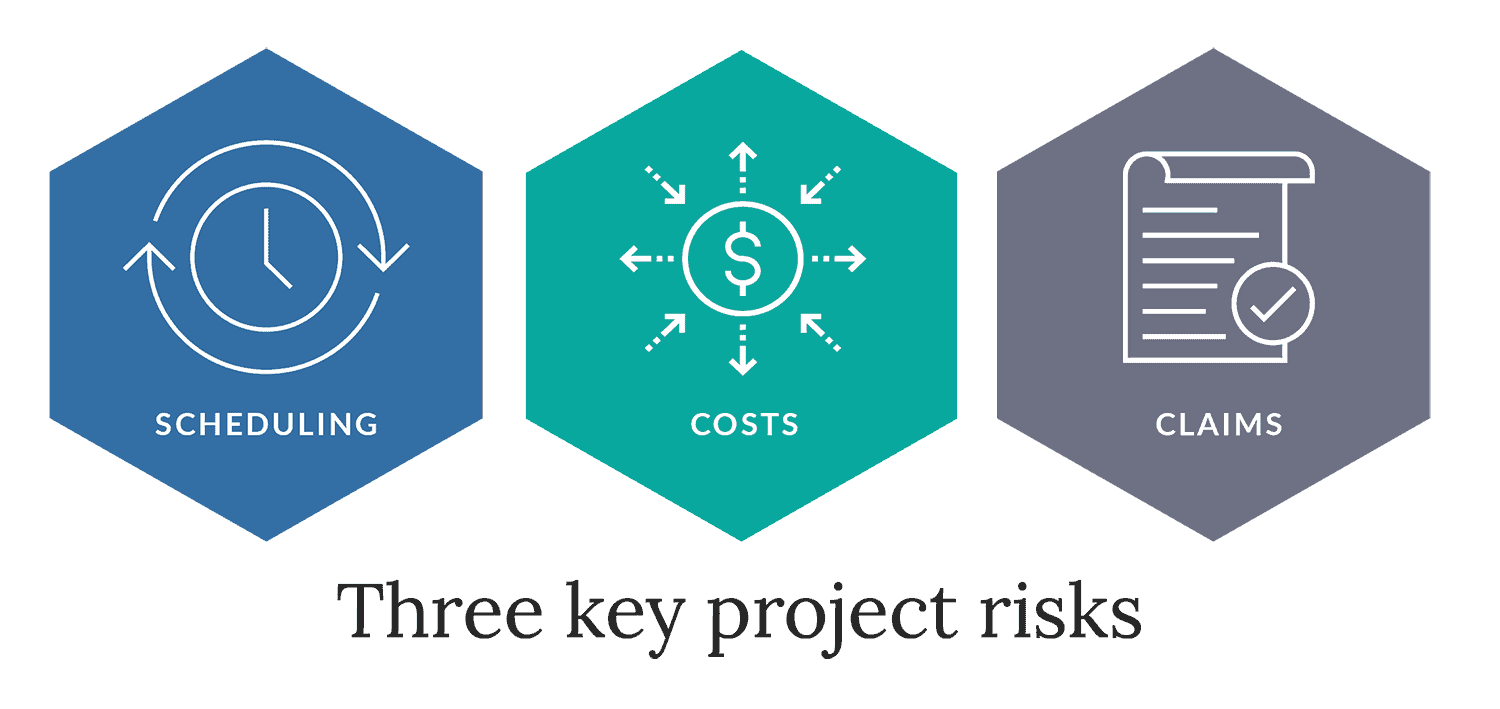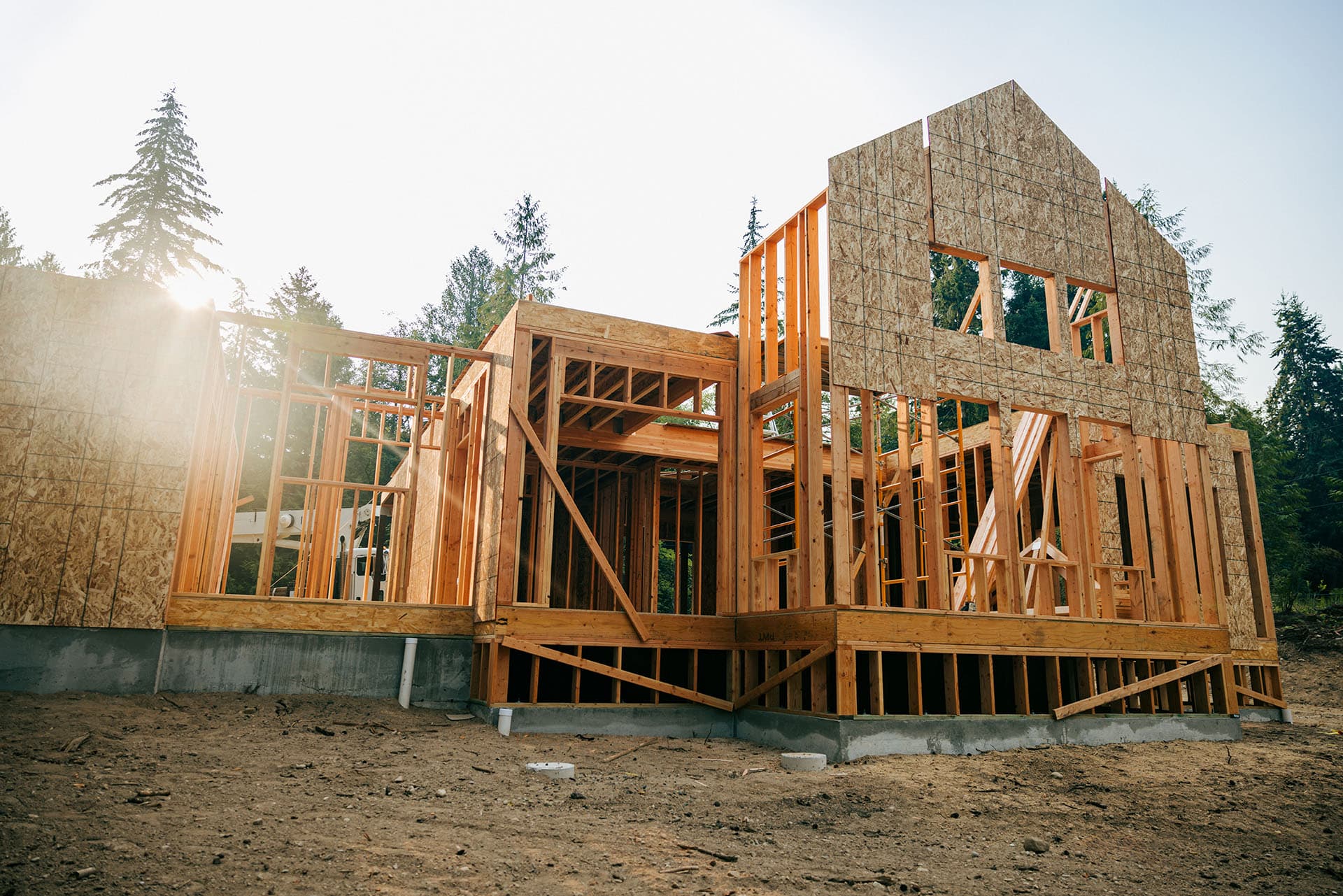Tradition can be challenging to modernize. In many settings, tradition has its benefits, but at what point do we confront our construction project management practices in Canada and put them to the test with what we believe will be more effective ones?
We argue that the time is now. Maximizing project profitability has never been more important and effective project management can make the difference.
In recent years, the complexity of construction projects has been expanding rapidly, driven by a wide variety of influences such as new technologies, expanding supply chains, evolving products, and the involvement of more stakeholders. Delivering quality projects on time and within budget isn’t easy, but with the right construction project manager – it can be easier.
Out with the old construction project management and in with the new
Historically, Canada’s construction sector has followed an ad hoc approach to project management; addressing obstacles and problems as they arise. This is now exerting unsupportable pressure on the traditional project management model.
This model typically features a construction manager or general contractor acting as project manager, responsible for every aspect of a development including scheduling, budgeting, cost control, and claims management.
This puts them in a conflicting situation where they need to create a profit for their own company as well as looking after the best interest of the project. The alternative is to hire a third-party project manager who is expected to be a jack-of-all-trades and depending on their experience or expertise, are often a master-of-none.
This traditional approach compounded with the tendency to choose project managers based on existing relationships rather than expertise, we believe is responsible for straining productivity, hindering efficiency, and escalating risk in three critical areas. In order for projects to succeed moving forward, project owners must engage project managers that embrace an integrated project management approach.
An integrated project management approach
If we look to Europe, as well as many countries around the world, their construction industries follow a proactive and integrated project management approach that capably manages complexity and delivers successful projects.
Their model is based on having their project managers be part of an integrated teams of experts who identify and manage relevant risks and contribute valuable input that impacts the bottom line.
Working as an extension of the owner’s internal team, a third-party project manager oversees the entire project – providing attentive coordination, control and monitoring from pre-construction to finish. They optimize the overall functioning of the project, ensuring that all parties and activities are aligned with the owner’s goals.
The complexity of a project needs to be identified and managed at the earliest stage possible in order to mitigate the three key risks of every construction project:
Figure 1 - A new era of successful project managers in Canada is needed to adopt this integrated approach and address these key risks.

1. Scheduling
Risks in project schedules and delivery timelines are often identified late, leaving fewer options for remediation. There are myriad issues that can arise: the schedule is optimistic rather than realistic. Schedules, resources and products aren’t in sync. Inefficient team structure slows progress.
Target dates are changed without corresponding adjustments to available resources or project scope. One task delay causes cascading delays in others. Supplies are not in place at the anticipated time. There’s an inadequate supply of labour with needed skills. Government regulations change. Conflicts arise among team members and communication deteriorates. Decisions are slower than expected.
An analysis of our data in Ontario shows that more than 40% of projects are delayed three months or more, and the cost of those delays can range anywhere from $100,000 to $2 million a month, depending on the size of the project.
When scheduling review is a responsibility of a third-party project manager working without an integrated team, they must juggle multiple pressing responsibilities which can lead to overlooking schedule discrepancies, and consequently could put an entire project at risk.
As part of an integrated approach, the project manager must include an expert for project scheduling within the project management team to facilitate and support communication between owners and contractors and to address schedule performance obligations specified in the contract. A scheduling specialist as part of this integrated project management team can ensure the timeline complies with contract requirements, monitor the schedule, and facilitate effective resolution when a problem or dispute arises.
2. Costs
Cost overruns can be caused by inaccurate analysis and planning prior to construction, faulty project estimates, lack of planning for change orders, over-ambitious scheduling, poor budget management – and all can elevate financial risk.
They should not be expected nor acceptable. Effective project management by a project manager implementing an integrated team involves understanding how cost overruns happen and efficiently making adjustments to a project before it goes over budget.
Throughout the development of a project, a cost consultant can provide objective analysis and advice to prevent cost overruns and ensure the intended vision of the end product is achieved.
The current accepted model for the large majority of construction projects in Canada end the cost consultant’s role on the project after the design phase. This leaves the financial well-being of the project to the jack-of-all-trades project manager.
The earlier the cost consultant is included in the integrated project management team, the higher the value generated. At the design stage, for example, the consultant assesses the design and develops a clear, detailed picture of the associated costs.
They will create a pro forma or cost estimate that forecasts the professional, construction, and regulatory costs and the timeframe to complete the project. This also involves identifying significant risks and their associated costs to prevent budget overruns, unnecessary change orders and future claims.
As the project proceeds, the cost consultant monitors the budget, evaluates costs, reviews change orders and provides the owner with ongoing advice to ensure the project remains within budget and aligned with the original vision, until the building is occupied.
To maintain the project budget, an effective project manager with an integrated approach utilizes the cost consultant throughout the project life; not part way.
3. Claims
The frequency and size of claims submissions in the construction industry has been rising for years, endangering project budgets and schedules. Claims between the parties to a construction contract can arise from issues such as poorly drafted contracts, insufficient planning for change orders, delays, and deficient project administration and management.
Effectively managing contracts and claims requires a comprehensive process of prevention, mitigation and resolution. The integrated project management approach would effectively mitigate many of these risks, enabling owners, developers and builders to meet deadlines and cost targets.
Disputes related to construction contracts and delays can have a significant financial impact for all of the parties involved. A project manager using an integrated approach will include a contracts/claims specialist on the project management team that can flag potential areas of exposure or conflict and address outstanding issues before they become problematic.
This specialist develops and manages contracts to effectively allocate risk among the various parties and to optimize project performance. They create tender documents for contracts and find solutions to mitigate performance issues.
They also assess claims, notices of intent to claim, disputes and propose options for resolution. The most important asset they bring to the project for the client is a deep knowledge of where similar projects have suffered in the past and executing on strategies to avoid the same mistakes over and over.
Building a platform for success
Integrated, team-based project management establishes a platform for success by utilizing knowledgeable experts who perform tasks quickly, efficiently and cost-effectively. In Canada, clients should look for project managers who utilize an integrated approach because of the significant value added to their projects.
In a landscape where projects are becoming more and more complex, this is an ideal time for owners, developers, and lenders to consider replacing tradition and outdated relationships with an integrated project management approach.
Author

Jack McGowan
Senior Director
Author

Jack McGowan
Senior Director
Resources
Latest insights





Jul 22, 2025
EP4 - Modular, faster, smarter: How SAMI is redefining residential construction


